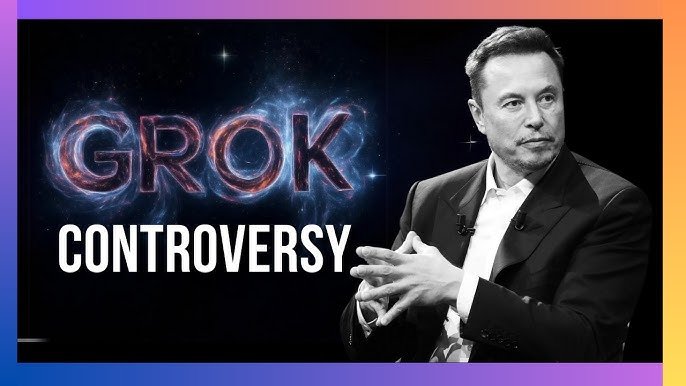Google DeepMind has recently unveiled a slew of innovative products and prototypes that could potentially reclaim its position as the frontrunner in the race to commercialize generative artificial intelligence. The highlight of these releases is Gemini 2.0, the latest variant of DeepMind’s multimodal large language models that have been revamped to control virtual agents. Along with this, a new version of the all-encompassing experimental app, Project Astra, has also been launched.
Astra leverages the agent framework built into Gemini 2.0 to execute tasks and answer queries through text, voice, image, and video. It also integrates with existing Google apps such as Search, Maps, and Lens when required. “It’s merging together some of the most powerful information retrieval systems of our time,” says Bibo Xu, the product manager for Astra.
Joining Gemini 2.0 and Astra are Mariner, a new web-browsing agent built on Gemini, Jules, a Gemini-powered coding assistant, and Gemini for Games, a virtual assistant for gamers. Moreover, DeepMind has also announced Veo, a new video generation model, Imagen 3, the latest version of its image generation model, and Willow, a new kind of chip for quantum computers, all within the last week.
According to Google DeepMind, Gemini 2.0 is twice as fast as its predecessor, Gemini 1.5, and surpasses it in various standard benchmarks, including MMLU-Pro, which tests large language models’ abilities across diverse subjects like math, physics, health, psychology, and philosophy. However, the differentiation between top-tier models like Gemini 2.0 and those from competitors like OpenAI and Anthropic is now quite marginal. The focus has shifted from the quality of large language models to their practical applications, and that’s where agents come into play.
Project Astra, which Google is betting its future on, is still under development as a “universal assistant.” Its main goal is to build an AI that is omnipresent and can assist you with any tasks. Despite its glitches, when Astra works well, it offers a fresh and seamless experience. However, there’s still a long way to go before this technology becomes widely accessible, with no release date announced yet.
Researchers outside Google DeepMind are closely monitoring its progress, impressed by the combination of various elements in its products. However, they also voice concerns about the lack of information regarding the technology itself, privacy implications, and the need for a standard to evaluate such technology.
Google DeepMind assures that it scrutinizes privacy, security, and safety for all its new products. However, it acknowledges the potential risks and the necessity to design products that can be quickly amended or withdrawn if needed.













